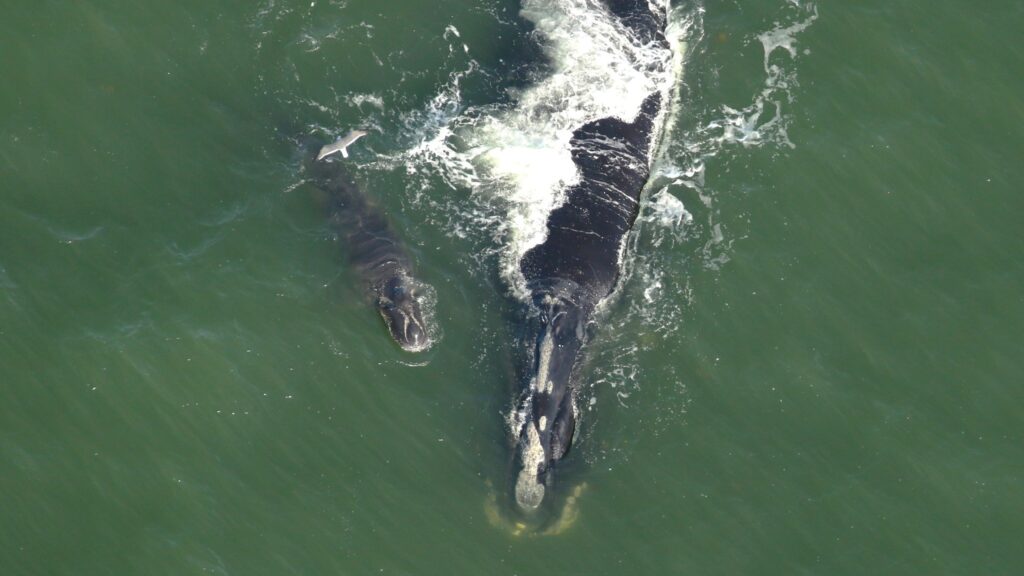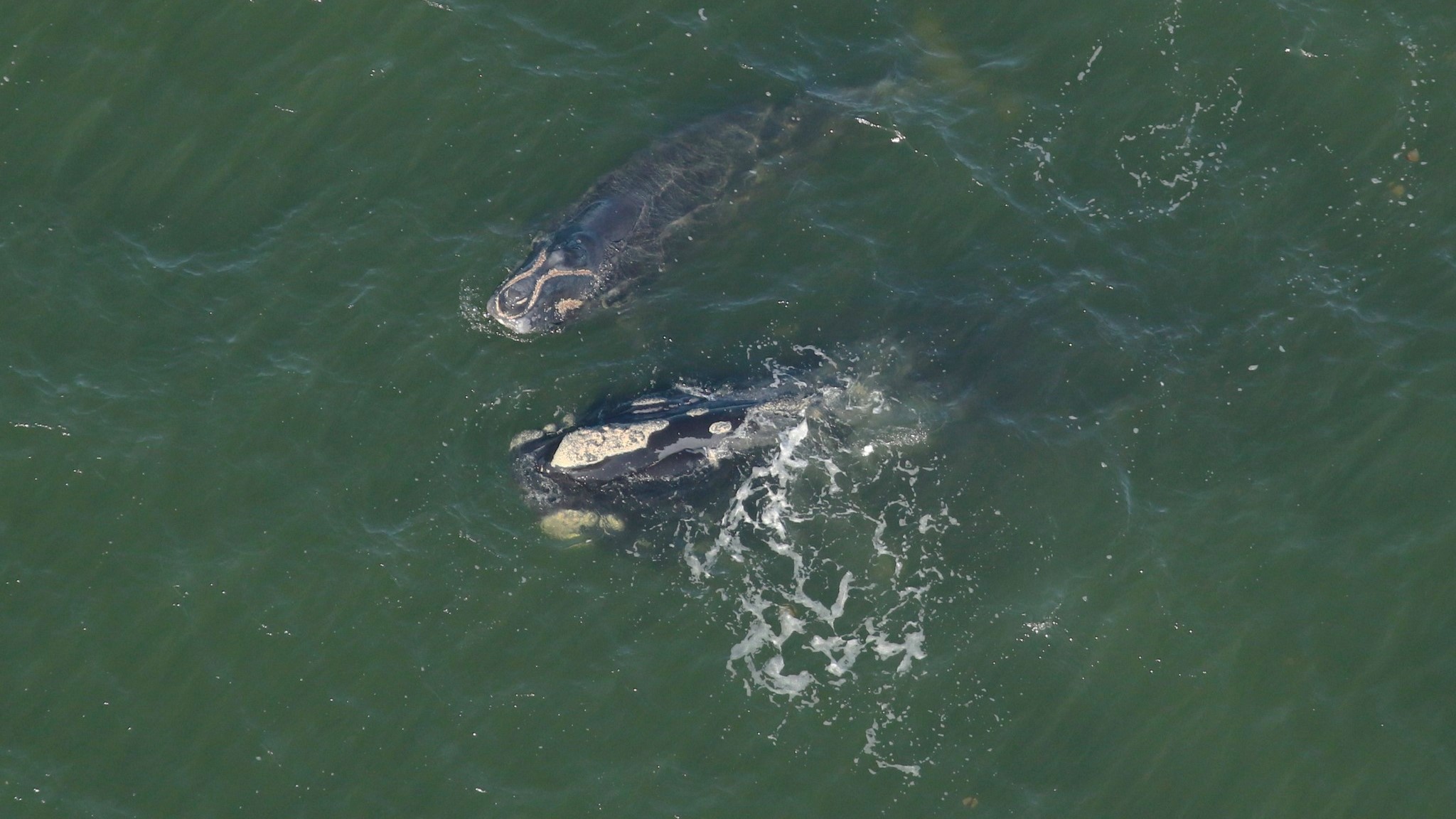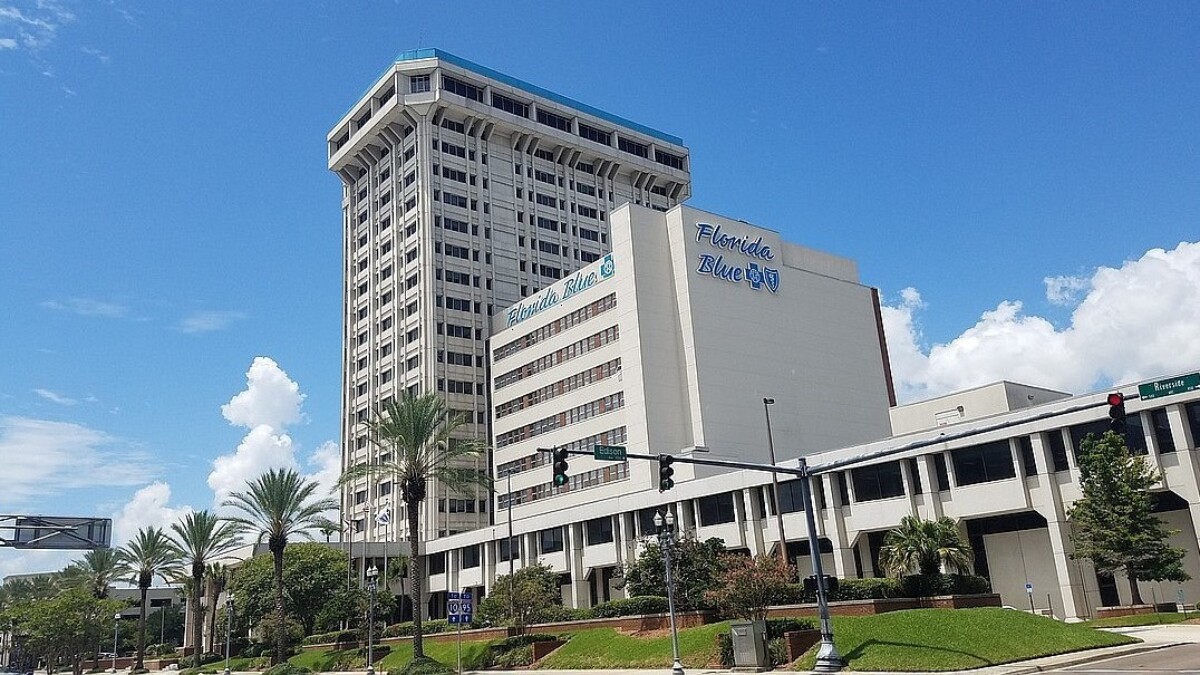Two new right whale calves have been sighted off Ponte Vedra Beach by aerial survey teams tracking the huge endangered mammals.
The new calves and their mothers were seen Monday offshore from the Guana Preserve, according to the Florida Fish and Wildlife Research Institute.
The North Atlantic right whale is among the most endangered of the world’s large whales, historically depleted by commercial whaling, vessel strikes and fishing gear entanglements. Just about 370 North Atlantic right whales remain, according to the National Oceanic and Atmospheric Administration.
One of the calf sightings was with Caterpillar, a 20-year-old adult whale. The calf is believed to be her first.
The other mother, named Blackheart and also 20, was seen with her second calf. She last gave birth 12 years ago during the 2013 calving season.

The two adults had been sighted earlier this winter in the Southeast U.S. calving grounds and were identified then as “potential mothers,” FWC says. Right whales have been sighted all along the Eastern Seaboard in recent weeks, the agency said.
Coastal waters off Florida and Georgia are the only known calving area for them. The area is designated as a right whale critical habitat, and aerial surveys track the huge mammals
Wind and water conditions can hamper those efforts, however, so scientists are increasing efforts to track the whales in other ways, especially in the Southeast, where the whales migrate to give birth this time of year, according to NPR.
“Unfortunately, the weather in December, January, February doesn’t always let flights happen,” said Catherine Edwards, a researcher at the University of Georgia’s Skidaway Institute of Oceanography. So she and her team are using tools to listen for whales underwater, which can happen no matter the weather or time of day.
“The biggest success we had from last year is we have the very first confirmed passive acoustic detection of right whales south of Cape Hatteras, North Carolina,” Edwards said.
Anyone who spots a right whale is asked to report it to (877) 942-5343 (WHALE-HELP), or to whalemap.org.







